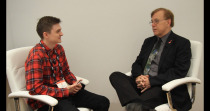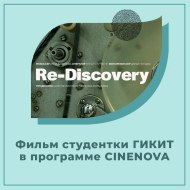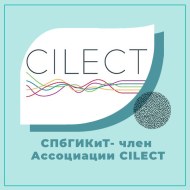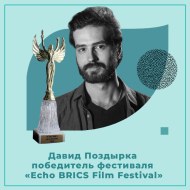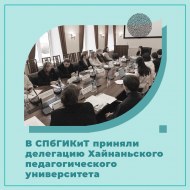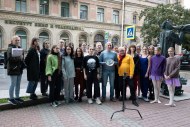
Quality of Experience: a Student’s View on QoE from RAI
20 November 2019
After taking part and winning the “Digital technologies in Media Industry 2019” student paper contest organized by IEEE BTS and St. Petersburg State University of Film and Television, I got an opportunity to visit IBC2019 and to dive into the very core of latest advances and trends of broadcast industry. Being a postgraduate student conducting a research on the quality measurements in contemporary broadcast networks, I’ve used this opportunity to ask big vendors about how do they envision quality assessments in modern networks and what challenges do they face.
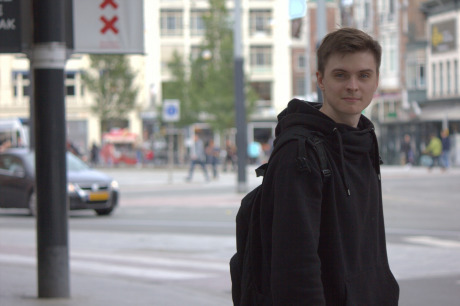
Global shifts in the world of content delivery
A significant part of the IBC2019 agenda was dedicated to so called non-linear broadcasting. Various forms of Video on Demand, over-the-top and streaming services are gaining bigger and bigger market share, while people are more inclined to use mobile phones or other portable devices to consume the content. And new technologies like 5G networks and better encoding standards like HEVC or AV1 are making VoD and streaming services even more appealing.
Evaluating quality in the multistandard world
Today the very same content could be encoded by a plethora of codecs (and on IBC2019 we already saw some new ones, like VVC and already gaining traction AV1), and then transmitted though a variety of networks.
Various standards aiming to provide quality metrics for various broadcast networks exist. But when the content is being delivered though the ever growing number of ways, quality measurements are becoming more and more complex and expensive respectively. Could the providers of monitoring solutions tame this wild complexity in an affordable way?
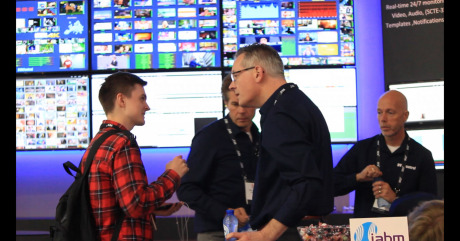
QoE to the rescue
At IBC2019 exhibition I’ve met many vendors providing solutions for quality measurements in TV networks and asked them how they would face the challenges broadcast industry have given to them. Among these vendors there were Rohde & Schwarz with their Prismon monitoring and multiviewer solution, TestTree (Enensys Technologies) presenting StreamProbe, and Bridge Technologies showing Objective QoE.
It seems that the scalable and adaptive solution predestined to bring order to the chaotic world of contemporary broadcasting and content delivery is something called Quality of Experience or QoE.
According to ITU-T P.10 QoE is the degree of delight or annoyance of the user of an application or service. The idea behind QoE is simple: the very purpose of quality monitoring is the delight of customer, hence the measurements should be approached from the customer’s perspective, i.e. how well the final picture looks.
Thanks to QoE the same quality metric can be applied across various ways of content delivery: IPTV and OTT, streaming, traditional digital broadcasting, terrestrial or satellite. Only time will tell if QoE is sufficient for comprehensive monitoring in TV networks, or if it should be supplemented with traditional Quality of Service measurements. But for now, it looks like a perspective answer to the problem of emerging complexity in broadcast networks.
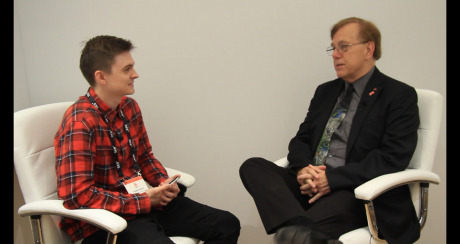
What I’ve learned at IBC
The industry is changing at a great pace and so do we. For a student it’s important to find a way to fill the gap between the academic knowledge they receive in the university and the challenges the industry is facing right now or will face when the student will graduate. And events like IBC are the right place to feel the taste of problems and challenges people from the industry are facing right now.
It became clear to me that the industry is way more exciting than I thought, though hard to keep in touch with. And from a perspective of a student, whose interests are more or less defined and whose experience is scarce, it’s an eye opening experience to meet the people involved in delivering real-world solutions, the people that know something about underwater rocks and unexpected complexity.
A special thanks to Bill Hayes, IEEE BTS Junior President, who kindly agreed to share some experience with us and shed some light on the future of broadcasting and standards. What else event could give a student such a remarkable and informative experience?
Evgenii Bulavin, Postgraduate Student at the Bonch-Bruevich St. Petersburg State University of Telecommunications


 Search
Search
